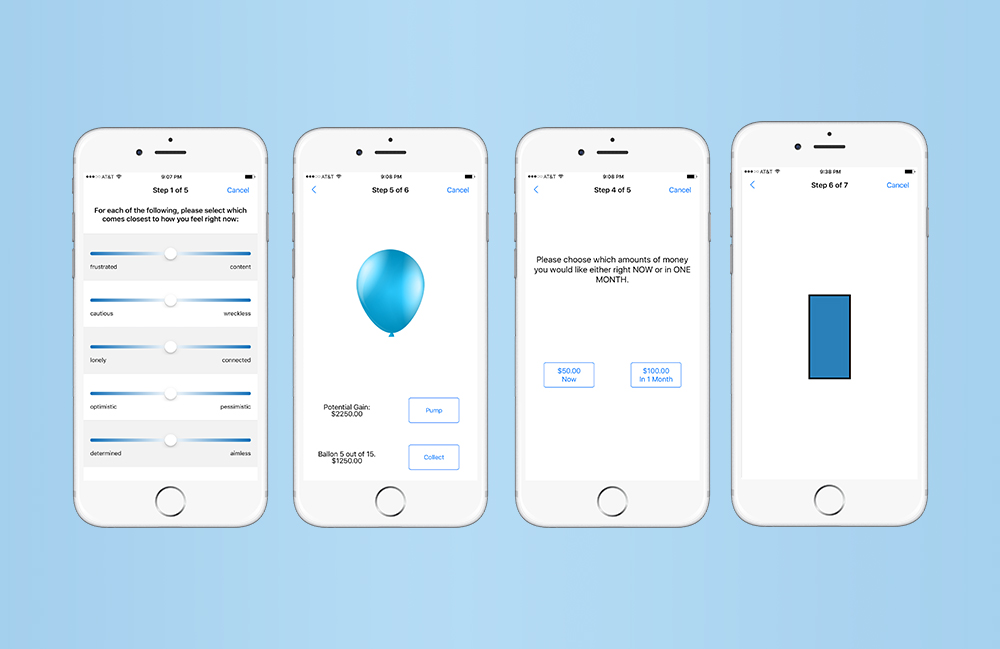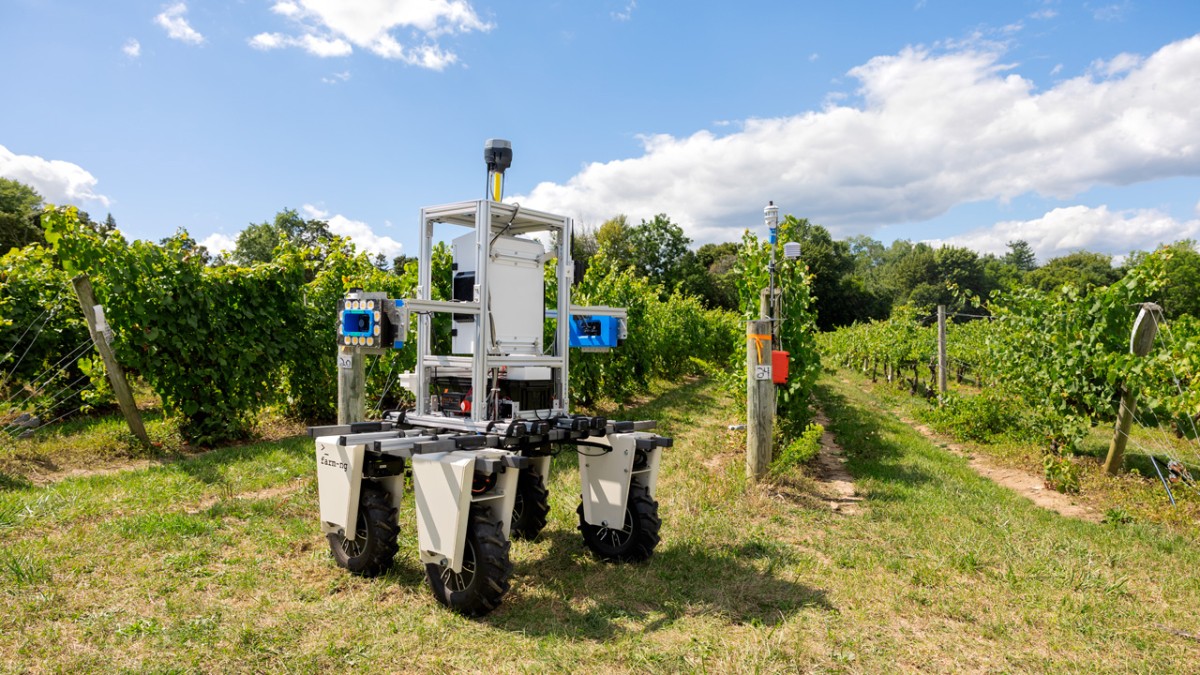First Smartphone Study Launches to Examine Impulse Control
Categories

MANHASSET, NY– The Feinstein Institute for Medical Research, Cornell Tech, and Sage Bionetworks announced today the launch of a pioneering study to examine the use of a smartphone application to identify and understand impulsivity in daily life. The team intends to develop additional apps using study data with the goal of providing support to those looking to change impulsive behaviors and better their ability to resist unhealthy temptations.
Impulsiveness is the inability to not act on immediate temptations despite the long-term consequences. Examples of impulsive behaviors are unhealthy actions such as overeating, drinking to excess and gambling. Impulsive acts over time can lead to certain negative conditions, including obesity, type 2 diabetes, substance abuse, gambling problems and suicidal behaviors, among others. That’s why identifying the triggers behind impulsiveness can help people take control of their actions and may decrease the potential for developing these associated conditions.
Frederick Muench, PhD, Feinstein Institute associate professor and director of Northwell Health’s Digital Health Interventions in Psychiatry, and Deborah Estrin, PhD, professor of Computer Science at Cornell Tech, collaborated to develop this study to assess if a smartphone app can accurately measure a person’s level of impulsivity in different situations. Because impulse control is affected by specific time of day, physical activity, and social interactions such as drinking, the app will gather data at those times. The researchers will use this data to evaluate which of these factors influence impulse control the most.
“This is the first study in which the capabilities of the smartphone are being used to understand impulsivity in different settings,” said Dr. Muench. “Having a better understanding of what drives this behavior will help us design tools that health professionals and their patients can use to regulate impulsive behaviors in trigger settings.”
Participants in the study will engage in a range of tasks and self-assessment tests within the smartphone application. For example, using a previously validated computer measurement of risk-taking now designed for the smartphone, participants are asked to virtually “inflate” a balloon as much as they can without making it pop in order to receive a cash prize. How people handle this challenge (i.e., will they be conservative with how much they inflate the balloon or will they be risky by getting it to the point of almost popping) will provide data to help understand risk taking under different conditions.
This study of the app has been named the Digital Marshmallow Test, building off of the original “marshmallow test,” invented by Stanford psychologist Walter Mischel and colleagues in the 1960s. It measured willpower by testing preschoolers who were given the option of either eating one mini-marshmallow right away or waiting 15 minutes to get two mini-marshmallows.
“As most individuals are only within arm’s reach of their smartphones, it is a great tool to profile impulsive behavior and see what daily factors influence it,” said Dr. Estrin. “With the app being accessible from any smartphone, more participants can be enrolled, providing our scientific team with access to more data than ever conceived before cell phones.”
In addition to the versions developed for the general public, the team also plans to make a version of the app where researchers studying impulsive behaviors can use the tasks and tests during in-person visits as part of their existing protocols.
Support for this research was provided by the Robert Wood Johnson Foundation.
About the Feinstein Institute
The Feinstein Institute for Medical Research is the research arm of Northwell Health, the largest healthcare provider in New York. Home to 50 research laboratories and to clinical research throughout dozens of hospitals and outpatient facilities, the 3,500 researchers and staff of the Feinstein are making breakthroughs in molecular medicine, genetics, oncology, brain research, mental health, autoimmunity, and bioelectronic medicine – a new field of science that has the potential to revolutionize medicine. For more information about how we empower imagination and pioneer discovery, visit FeinsteinInstitute.org.
About Cornell Tech
Cornell Tech brings together faculty, business leaders, tech entrepreneurs, and students in a catalytic environment to reinvent the way we live in the digital age. Cornell Tech’s temporary campus has been up and running at Google’s Chelsea building since 2013, with a growing world-class faculty, and more than 200 masters and Ph.D. students who collaborate extensively with tech-oriented companies and organizations and pursue their own start-ups. Construction is underway on Cornell Tech’s campus on Roosevelt Island, with a first phase due to open in summer 2017. When fully completed, the campus will include 2 million square feet of state-of-the-art buildings, over 2 acres of open space, and will be home to more than 2,000 graduate students and hundreds of faculty and staff.





